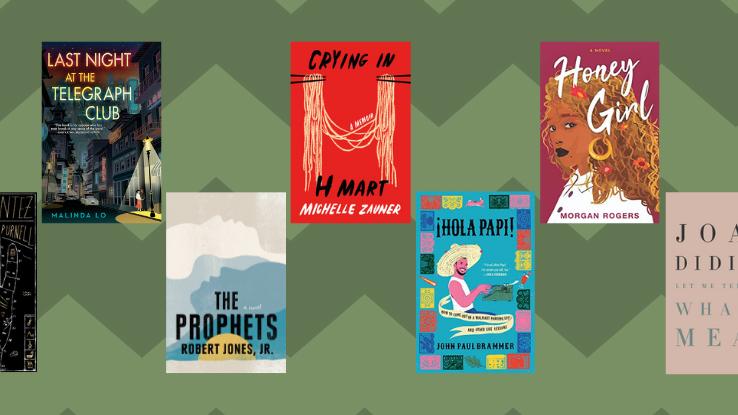
A bookworm is happiest when they’re surrounded by books — both old and new. Undoubtedly, 2021 was a great year for both fiction and nonfiction, with bestsellers like Detransition, Baby by Torrey Peters and Second Place by Rachel Cusk. Whether you read memoirs or young-adult (YA) novels, 2021 was a fantastic year for book lovers. While we can’t squeeze in all of our favorites from 2021, we’ve rounded up a stellar sampling of must-reads. Here’s some of the year’s best books.
“Crying in H Mart: A Memoir” by Michelle Zauner
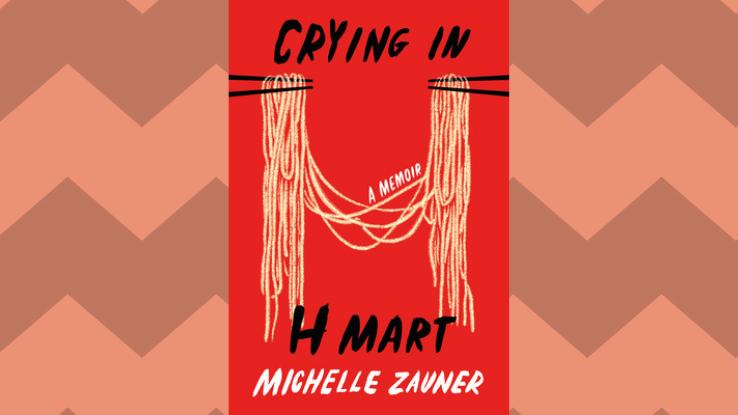
In her profound memoir Crying in H Mart, Michelle Zauner shares an unflinching view of growing up as a Korean American person — all while reflecting on losing her mother to terminal cancer. Author Dani Shapiro notes that the Japanese Breakfast musician “has created a gripping, sensuous portrait of an indelible mother-daughter bond that hits all the notes: love, friction, loyalty, grief.”
“The Prophets” by Robert Jones, Jr.
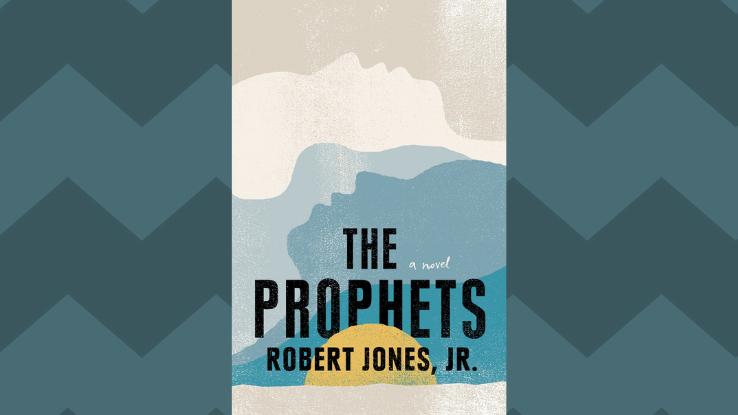
In Robert Jones, Jr.’s lyrical debut novel, The Prophets, Isaiah and Samuel are two enslaved young men who find refuge in each other — and their love becomes both sustaining and heroic in the face of a vicious world. Entertainment Weekly writes that “While The Prophets’ dreamy realism recalls the work of Toni Morrison… Its penetrating focus on social dynamics stands out more singularly.” Now that’s a compliment.
“The Hill We Climb” by Amanda Gorman
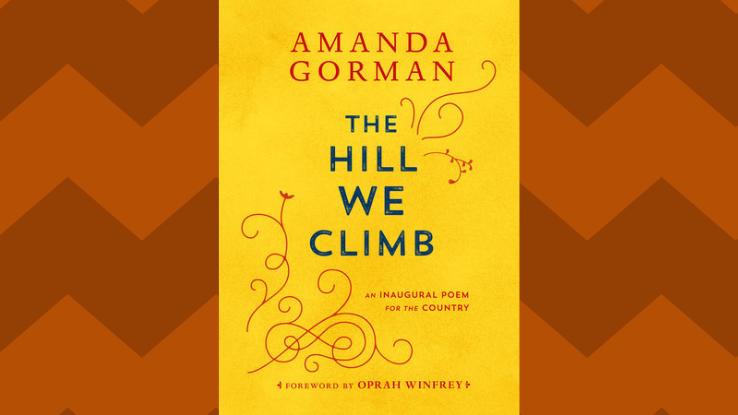
At President Joe Biden’s inauguration, Amanda Gorman read her electrifying poem, “The Hill We Climb.” Since then, it has been praised for its call for unity and healing. Vogue captures the feeling of reading the poem well, calling it “deeply rousing and uplifting.”
“Beautiful World, Where Are You” by Sally Rooney
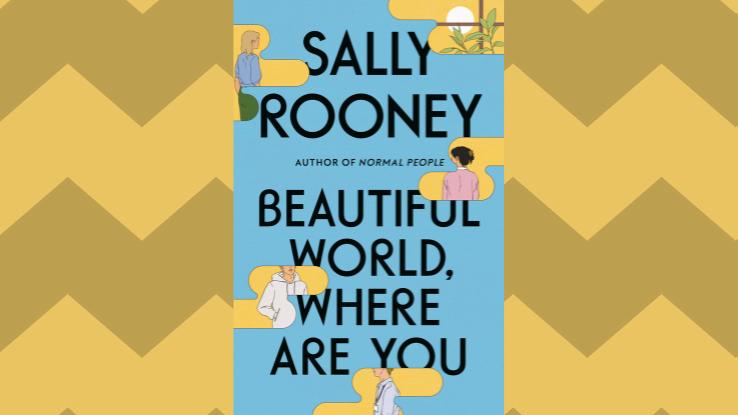
New York Times bestselling author Sally Rooney has returned with a sharp, romantic drama, Beautiful World, Where Are You. Two separate relationships are in chaos, threatening to ruin friendships. Vogue declares that the author has “invented a sensibility entirely of her own: Sunny and sharp.”
“Somebody’s Daughter: A Memoir” by Ashley C. Ford
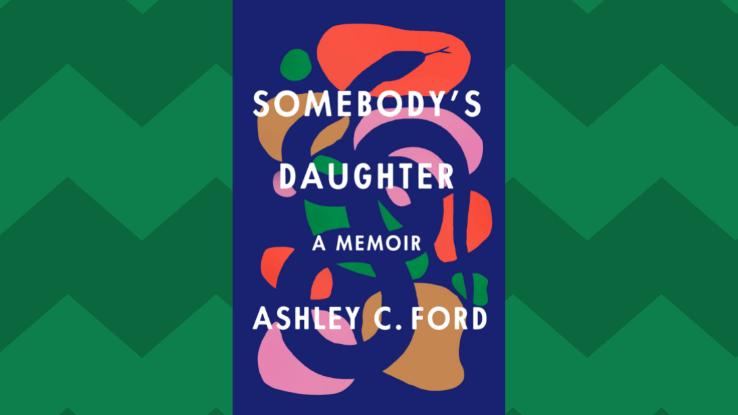
Ashley C. Ford’s coming-of-age memoir, Somebody’s Daughter, centers on her childhood. Ford, a Black girl who grew up poor in Indiana, recounts how her family was fragmented by her father’s incarceration. With rich, unflinching writing, Ford has penned a debut for the ages. The memoir’s publisher perhaps puts the core of the book best, noting that Ford “embarks on a powerful journey to find the threads between who she is and what she was born into, and the complicated familial love that often binds them.”
“Last Night at the Telegraph Club” by Malinda Lo
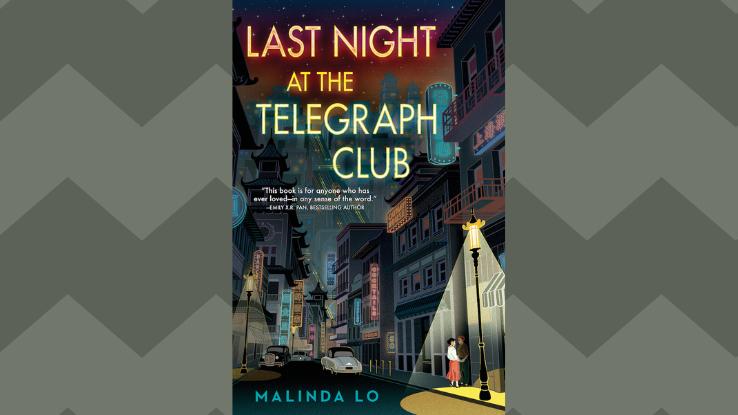
Everyone remembers their first all-consuming love — and for Lily Hu, the teenage protagonist of Malinda Lo’s queer YA novel, that love is Kathleen Miller. Set in the 1950s in San Francisco, Last Night at the Telegraph Club is not just one of the year’s best, but one of Lo’s best. O: The Oprah Magazine notes that the novel is “proof of Lo’s skill at creating darkly romantic tales of love in the face of danger.”
“¡Hola Papi!” by John Paul Brammer
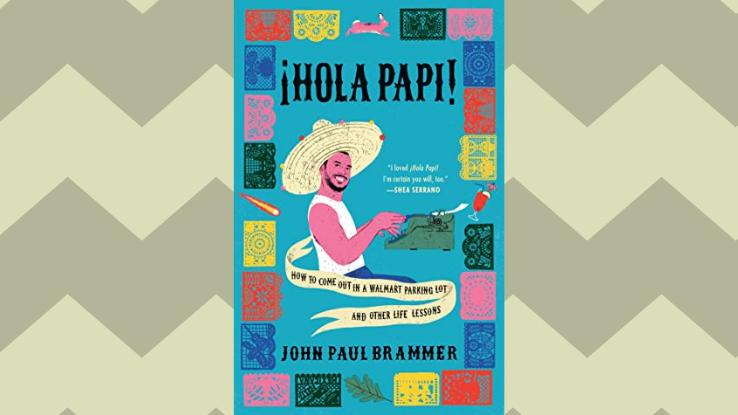
In his memoir, ¡Hola Papi!: How to Come Out in a Walmart Parking Lot and Other Life Lessons, advice columnist John Paul Brammer delves into his experiences growing up as a queer, biracial person. The Los Angeles Times writes that “Brammer’s writing is incredibly funny, kind, and gracious to his readers, and deeply vulnerable in a way that makes it feel as if he’s talking to only you” — and we couldn’t agree more.
“Honey Girl” by Morgan Rogers
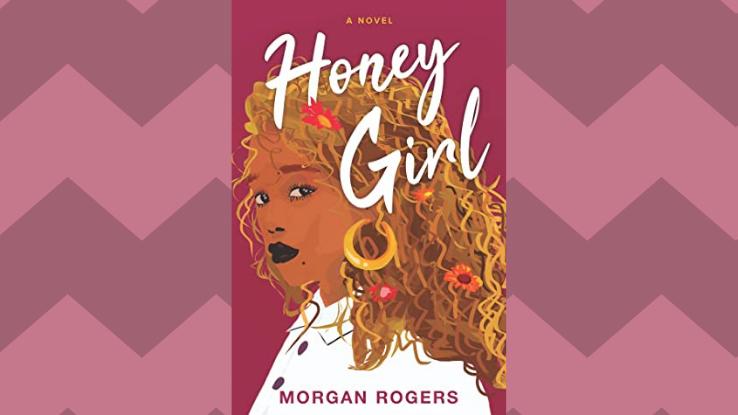
In Morgan Rogers’ novel Honey Girl, Grace Porter is an overachiever — and certainly not the type of person to marry a stranger in Las Vegas. Or, at least, she didn’t think she was that type of person. As Grace navigates the messiness of adulthood, Rogers takes us on a journey that’s both heartfelt and unflinching, illustrating that love is all about risks — even when it comes to loving ourselves.
“Aftershocks: A Memoir” by Nadia Owusu
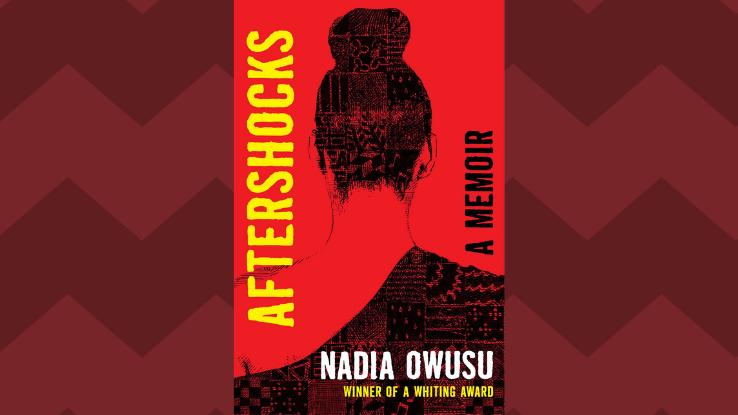
Nadia Owusu’s memoir, Aftershocks, reflects on her experience of being abandoned by her parents at a young age. Entertainment Weekly notes that “Owusu dispatches all of this heartache with blistering honesty but does so with prose light enough that it never feels too much to bear.”
“Klara and the Sun” by Kazuo Ishiguro
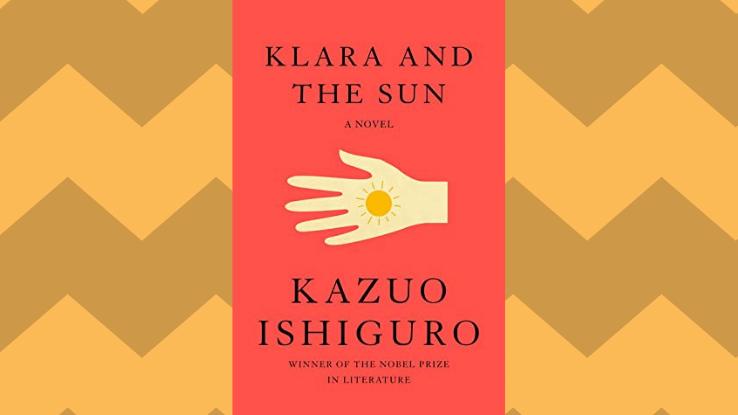
What if an artificial intelligence (AI) assistant had feelings? In Kazuo Ishiguro’s latest novel, Klara and the Sun, Klara is an Artificial Friend who wonders if friendship is possible. The Financial Times called the Never Let Me Go author’s latest “a deft dystopian fable about the innocence of a robot that asks big questions about existence.”
“100 Boyfriends” by Brontez Purnell
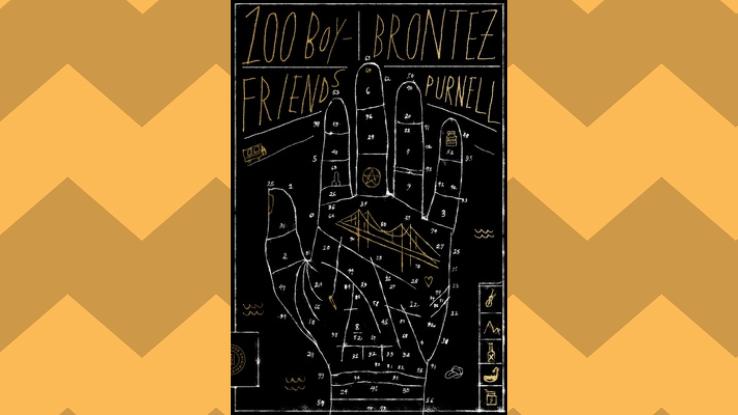
Brontez Purnell’s romantic, intoxicating book, 100 Boyfriends, is a look at the romantic lives of queer men who are striving to find out not just where they belong, but where they can shine. Author Bryan Washington praised the collection, writing that “Each story in 100 Boyfriends is a minor eclipse: stunning in scope, technically blinding, and entirely miraculous.”
“One Last Stop” by Casey McQuiston
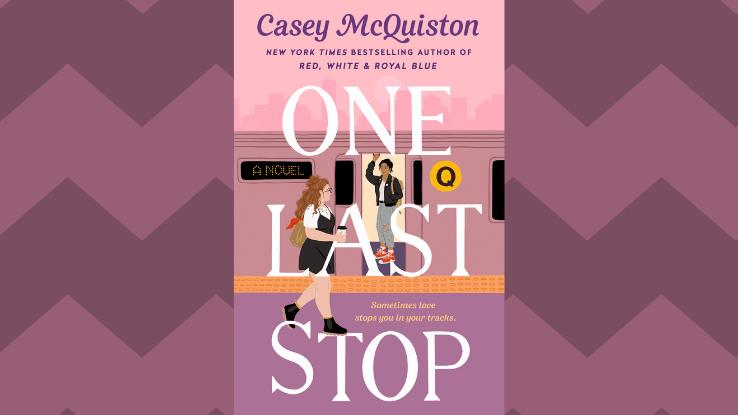
In Casey McQuiston’s big-hearted romance novel, One Last Stop, August meets Jane on a New York City subway — but she doesn’t realize just how fateful their chance encounter is at first. New York Magazine called the novel “an earnest reminder that home — whether that means a time, a place, or a person — is worth fighting for,” and we wouldn’t expect anything less from the Red, White & Royal Blue author.
“Afterparties: Stories” by Anthony Veasna So
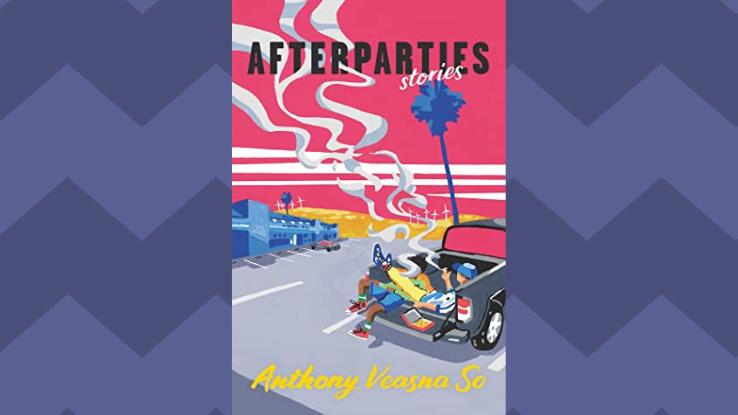
In Afterparties, Anthony Veasna So weaves together tenderhearted stories about the lives of several Cambodian American characters. Although the stories vary quite a bit in terms of content, author George Saunders writes that they are all “powered by So’s skill with the telling detail,” and are much like “…beams of wry, affectionate light, falling from different directions on a complicated, struggling, beloved American community.”
“Malibu Rising” by Taylor Jenkins Reid
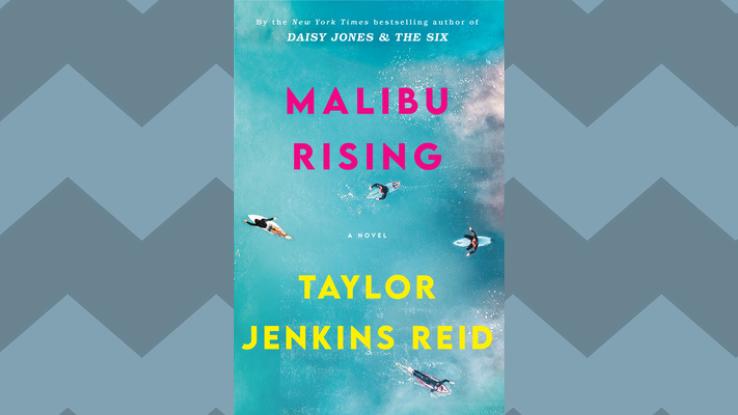
In Taylor Jenkins Reid’s novel Malibu Rising, readers meet four famous siblings as they throw their annual end-of-summer party in Malibu. However, over the course of 24 hours, family drama ensues. The Washington Post calls this read “a fast-paced, engaging novel that smoothly transports readers.”
“Let Me Tell You What I Mean” by Joan Didion
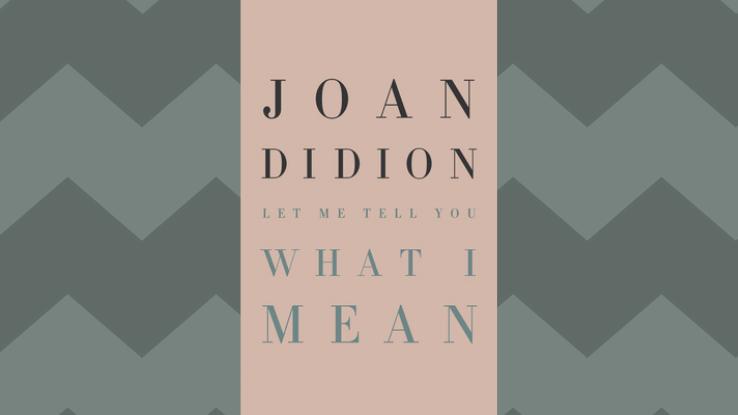
Between 1968 and 2000, award-winning journalist and essayist Joan Didion wrote 12 pieces about a variety of well-known figures, ranging from Ernest Hemingway and Nancy Reagan to Martha Stewart. Now, these works have been gathered in the essay collection Let Me Tell You What I Mean. Bret Easton Ellis writes that Didion’s “prose remains peerless,” so, if you’re a fan of the iconic writer, this is a must-read.
“Intimacies” by Katie Kitamura
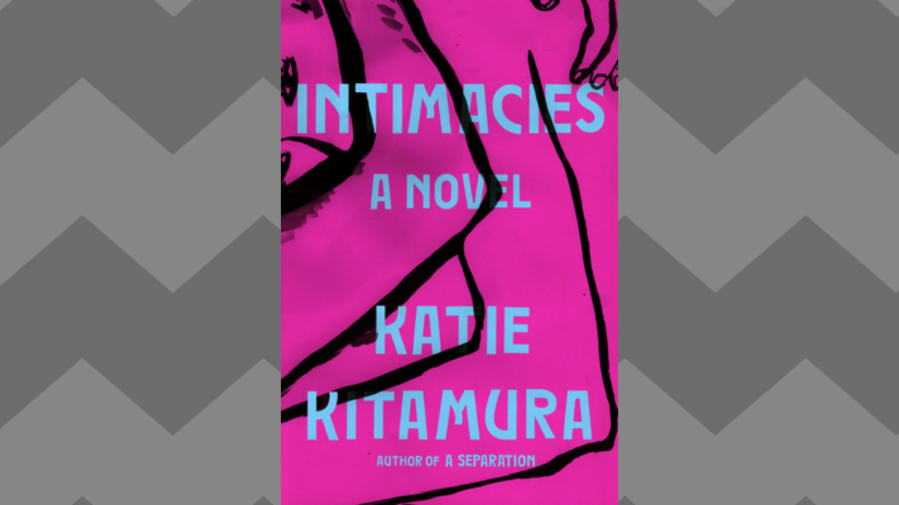
Intimacies is Katie Kitamura’s fourth novel, following 2017’s critically acclaimed A Separation. In it, an interpreter for the International Court at the Hague gets drawn into a political scandal after agreeing to translate for a former world leader and potential criminal. The novel is a fascinating investigation into the instability of language and how it influences identity. Dana Spiotta describes Intimacies as “a haunting, precise, and morally astute novel that reads like a psychological thriller.”
“Detransition, Baby” by Torrey Peters
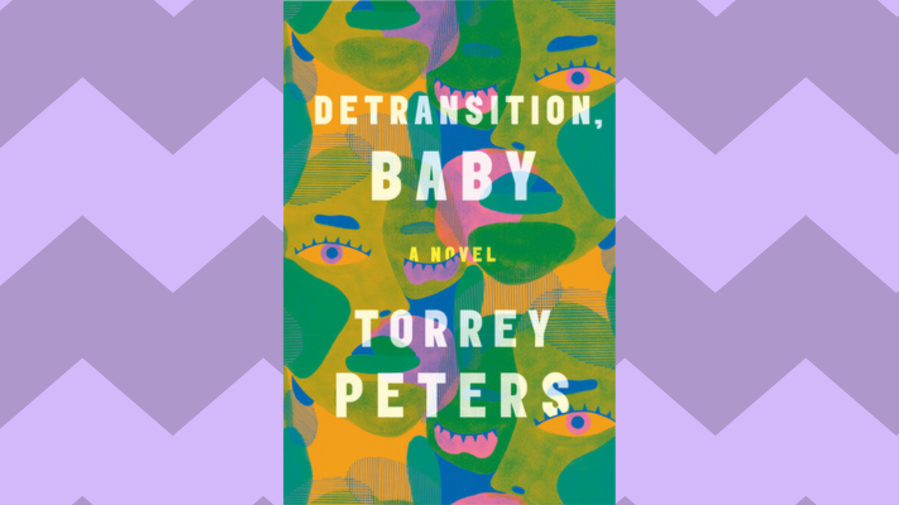
In Detransition, Baby, Torrey Peters tells a witty and nuanced story about partnership, parenthood and identity. About the novel, Ginny Hogan from the New York Times states “[Detransition, Baby upends] our traditional, gendered notions of what parenthood can look like.”
“Second Place” by Rachel Cusk
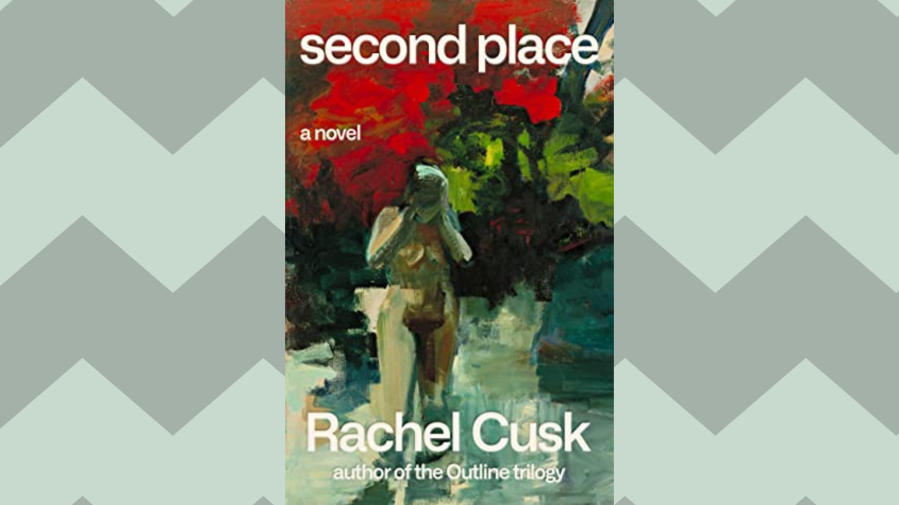
In Rachel Cusk’s novel Second Place, a follow up to her brilliant Outline trilogy, a woman invites an artist she admires to live in her remote guesthouse for the summer. As the stay unfolds, a series of unexpected events spurs revelations about womanhood, marriage and security. About Second Place, Jenny Singer from Glamour writes “there is mayhem; surprising sweetness and brilliant observations tumble from every page.”
“Sellout: The Major-Label Feeding Frenzy That Swept Punk, Emo, and Hardcore” by Dan Ozzi
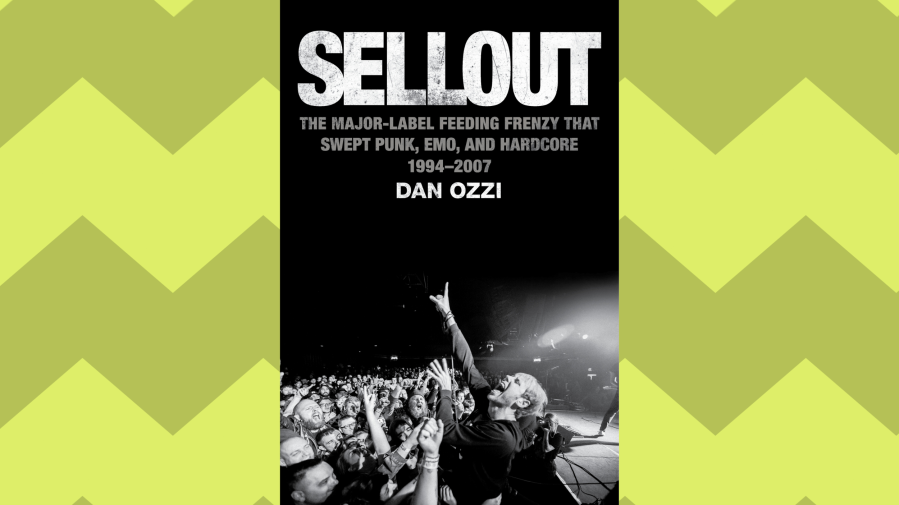
In Sellout: The Major-Label Feeding Frenzy That Swept Punk, Emo, and Hardcore, rock critic Dan Ozzi traces the stories of eleven separate bands that transitioned from the indie scene to achieve mainstream success in the ‘90s. Including interviews and anecdotes from bands like Green Day, Jimmy Eat World and Blink-182, this is a must-read for any music lover.






